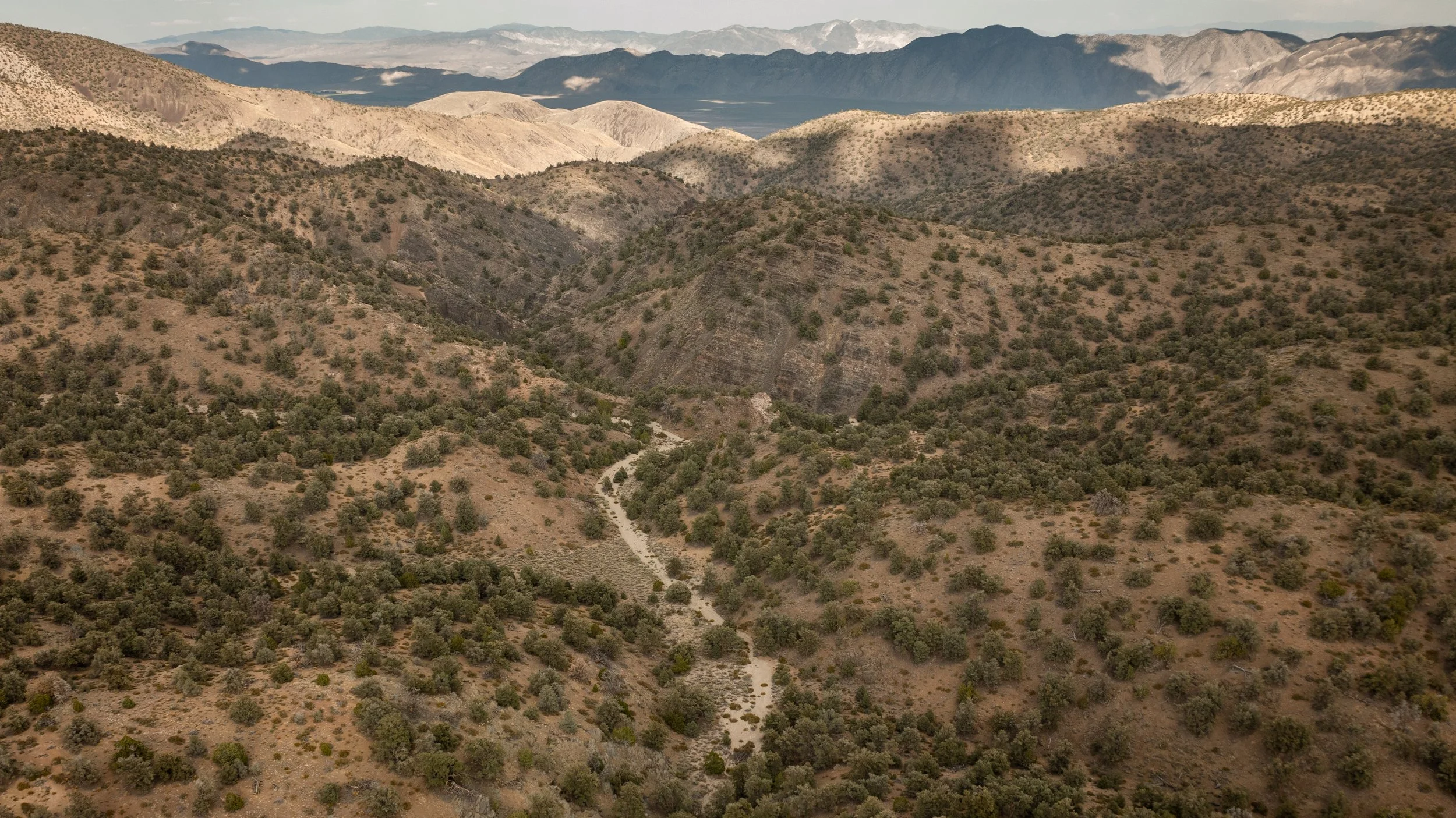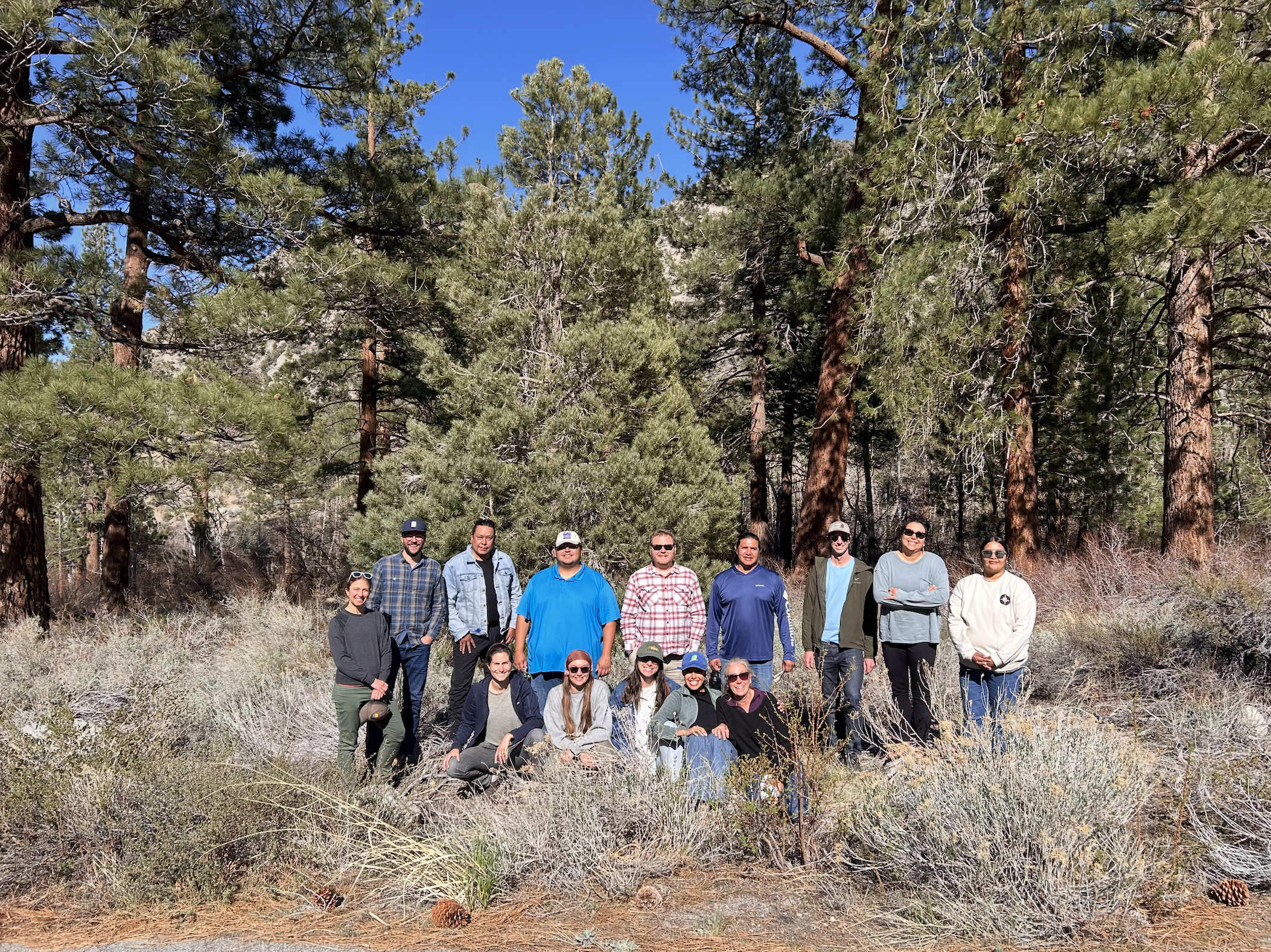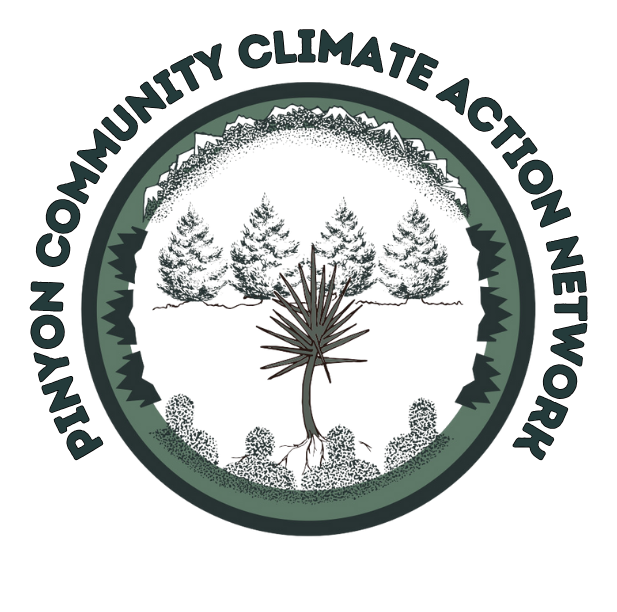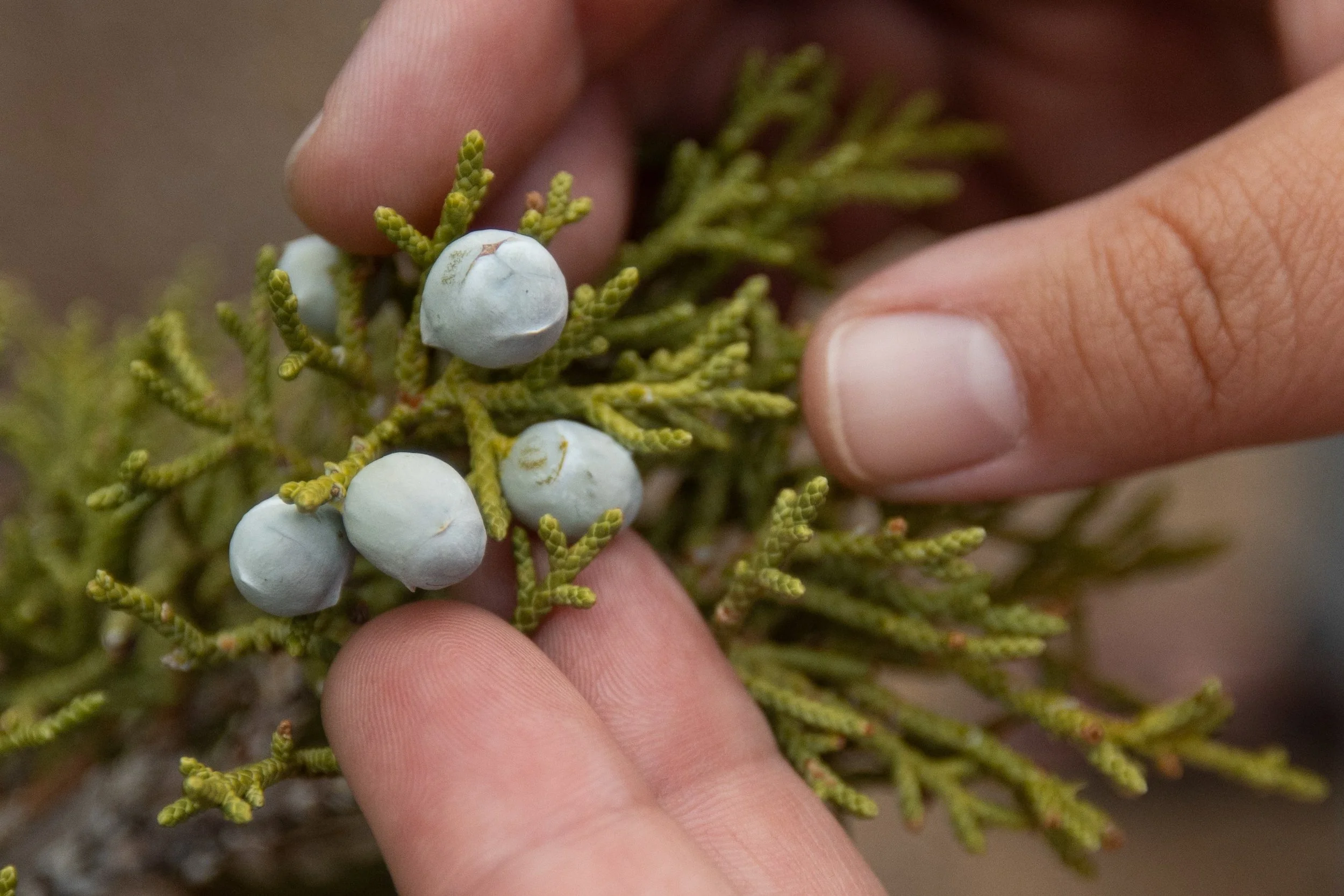
Drought and wildfire are ravaging California's pinyon-juniper forests.
4 million acres are at risk.

What are pinyon-juniper woodlands?
Pinyon-juniper woodlands are the backbone of Eastern Sierra communities and ecosystems.
For generations, these forests have sustained Indigenous peoples through traditional food harvests and provided local communities with timber and space for recreation. The woodlands are equally vital to wildlife, serving as critical habitat for species like the threatened Pinyon Jay and countless others that depend on this unique ecosystem.

Why do pinyon-juniper woodlands matter?
Pinyon-juniper woodlands are central to the worldviews, social identities, and cultural practices of many Indigenous peoples.
These ecosystems are home to many Tribal Nations in California, whose cultural practices and social identities are closely tied to these ancestral lands.
Pinyon pine seeds, or pine nuts, are among the most culturally significant food resources in the United States, and they remain central to the resilience of Indigenous communities. In many areas, pine nuts also provide a critical income stream for Tribal communities, which is jeopardized by unprecedented pinyon pine mortality and limited regeneration.

Urgent, community-led action is needed to ensure pinyon-juniper woodlands in the Eastern Sierra stay healthy and resilient.
Recent hot droughts and wildfires have caused millions of pinyon pines to die. The same environmental challenges that have killed adult pinyon trees also limit the potential for reproduction via diminishing seed production and seedling survival, and the enduring effects of Indigenous land dispossession and ongoing settler colonization impact Tribal Nations’ ability to steward these lands and mitigate the effects of climate change on these ecosystems.
But there is hope—and there is work to be done.
The Pinyon Community Climate Action Network is an interdisciplinary and community-based research effort that brings together natural resource agencies, Tribal Nations, local organizations, and university researchers to help improve the climate resilience of pinyon-juniper woodlands, an important dryland ecosystem of California. Learn more about our research, explore our findings, and discover how you can support pinyon-juniper conservation efforts in your community.





